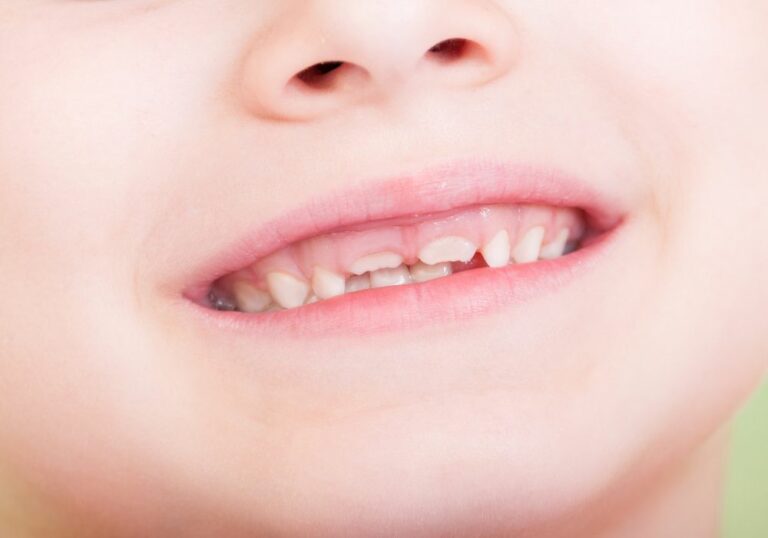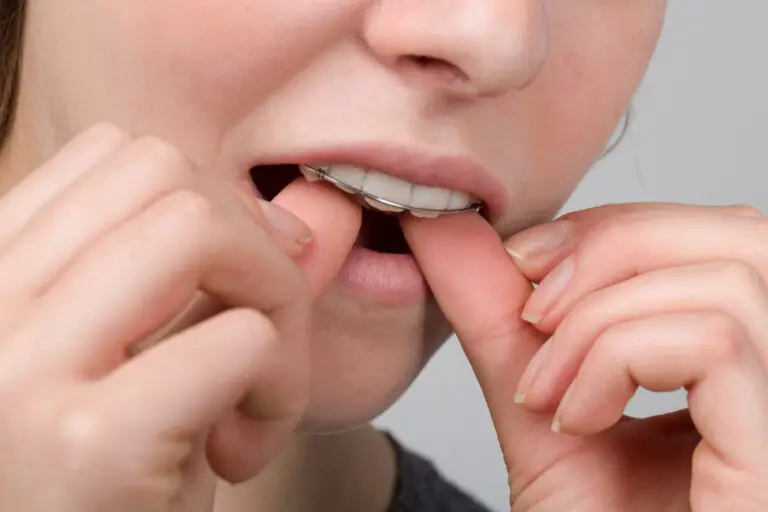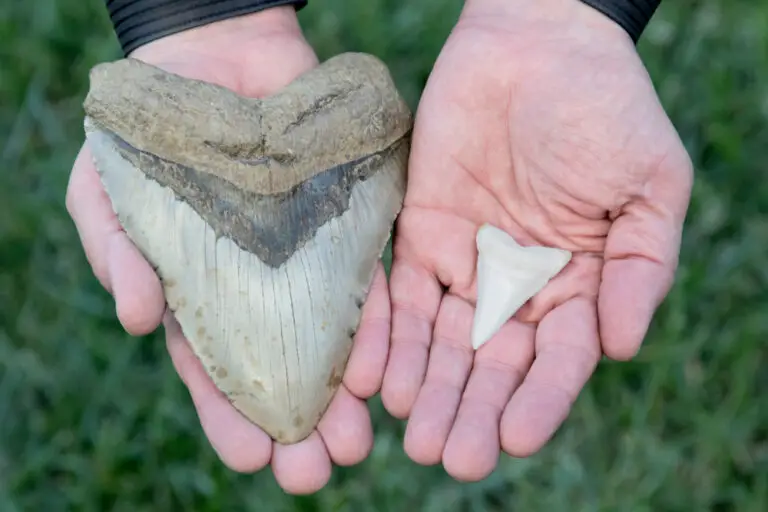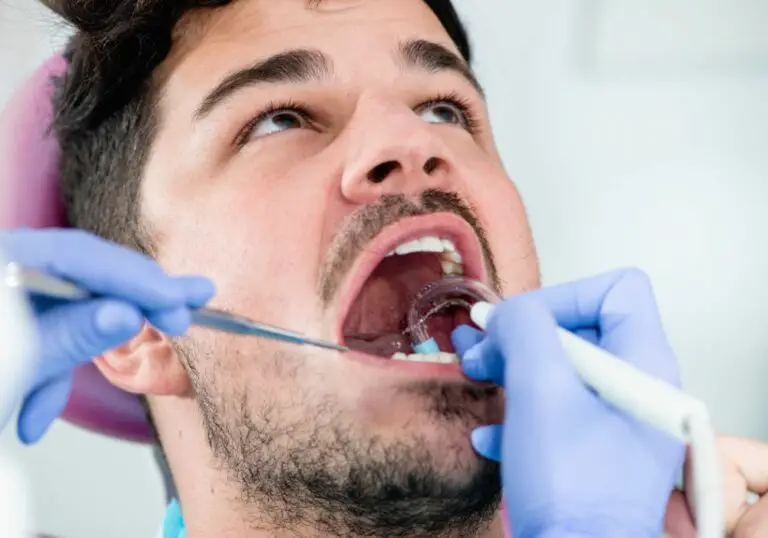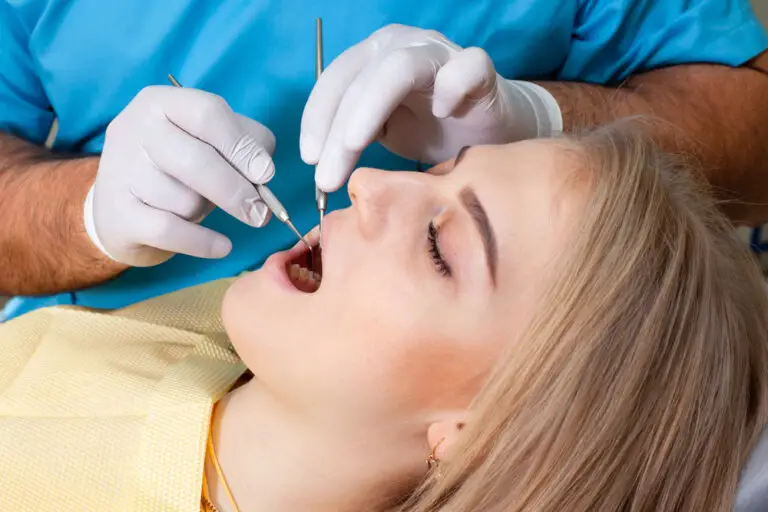Are you in need of multiple teeth extractions? The thought of having several teeth pulled at once can be daunting, but it is not uncommon in the world of dentistry. However, you may be wondering if it is safe to have eight teeth pulled at once.
While it is possible to have eight teeth extracted during one session, it is not always recommended. The decision to extract multiple teeth at once depends on the patient’s individual situation and the dentist’s professional opinion. Factors such as the location of the teeth, the patient’s overall health, and the complexity of the extraction may all be taken into consideration.
If you are considering having eight teeth pulled at once, it is important to discuss your options with your dentist. They can assess your individual situation and provide you with the best course of action. Keep in mind that the recovery process may be longer and more uncomfortable with multiple extractions, but following proper aftercare instructions can help to ensure a smooth recovery.
Understanding Tooth Extraction
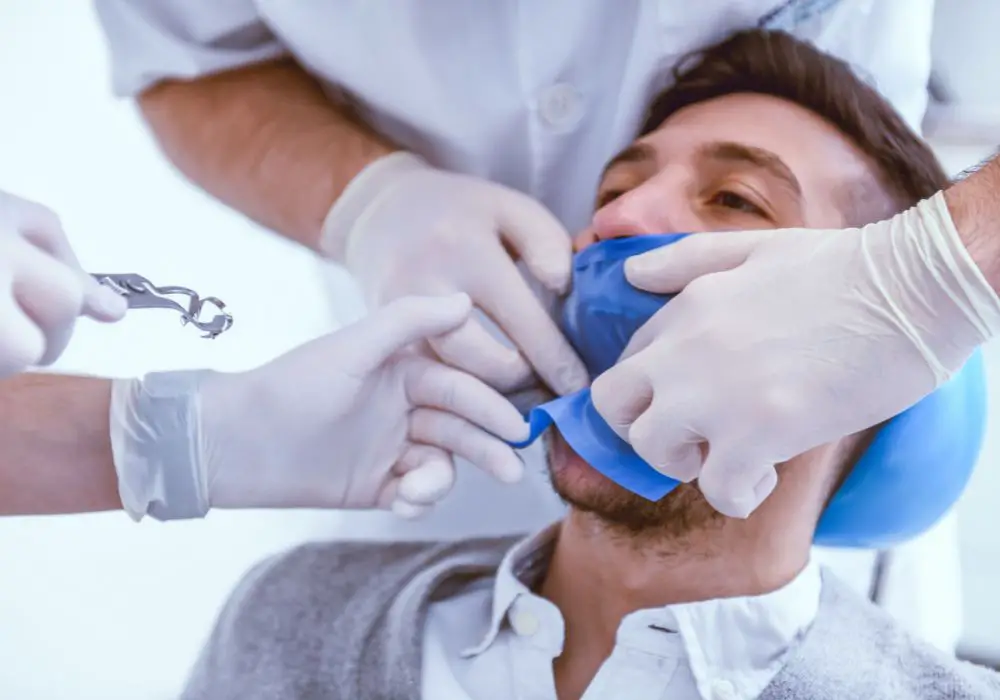
If you need to have multiple teeth extracted, you may be wondering if it’s safe to have them all removed at once. Here’s what you need to know about tooth extraction.
Reasons for Tooth Extraction
There are several reasons why a dentist may recommend tooth extraction. These include:
- Severe decay or damage that cannot be repaired with a filling, crown, or other treatment.
- Crowding of teeth, which can make it difficult to properly clean your teeth and gums.
- Infection or abscess that cannot be treated with antibiotics or a root canal.
- Impacted wisdom teeth, which can cause pain, infection, and other problems.
Procedure of Tooth Extraction
Tooth extraction is a common dental procedure that can usually be done in one appointment. Here’s what you can expect:
- Your dentist will numb the area around the tooth with a local anesthetic. If you’re having multiple teeth extracted, you may be given a general anesthetic to put you to sleep.
- Once the area is numb, your dentist will use a special tool to loosen the tooth and remove it from the socket. If the tooth is impacted, your dentist may need to make a small incision in your gum to access it.
- After the tooth is removed, your dentist will place gauze over the socket to help stop the bleeding. You will be asked to bite down on the gauze to apply pressure.
- Your dentist will give you instructions on how to care for the extraction site, including how to clean it and what foods to avoid.
It’s important to follow your dentist’s instructions carefully to ensure proper healing and minimize the risk of complications. If you have any concerns or questions about tooth extraction, be sure to talk to your dentist.
Can You Get 8 Teeth Pulled at Once?
If you need to have multiple teeth extracted, you may be wondering how many teeth can be pulled at once. On average, most oral surgeons recommend extracting 4-8 teeth at once. However, the exact number of teeth that can be safely extracted at one time depends on several factors, including your overall health, the type of anesthesia used, and the complexity of the extractions.
If you need to have 8 teeth pulled at once, your dentist or oral surgeon will likely recommend using sedation to help you remain calm and comfortable during the procedure. Sedation dentistry offers different methods of treatment, such as inhaled minimal sedation, oral sedation, IV moderate sedation, or deep sedation and general anesthesia. Your dentist will help you choose the best option for your specific needs.
It’s important to note that getting 8 teeth pulled at once can be a significant procedure that requires proper planning and aftercare. You will need to arrange for someone to be in charge of transportation as well as in-home care while you recover. You may also experience some pain and discomfort after the procedure, but your dentist will provide you with instructions on how to manage these symptoms.
In conclusion, getting 8 teeth pulled at once is possible, but it’s important to work closely with your dentist or oral surgeon to ensure that the procedure is safe and successful. With proper planning, sedation, and aftercare, you can have multiple teeth extracted in a single appointment and get on the road to a healthier, happier smile.
Factors Influencing Multiple Teeth Extraction
When considering multiple teeth extraction, various factors come into play. Factors such as your overall health, age, and type of anesthesia can influence the safety and success of the procedure.
Overall Health
Your overall health plays a significant role in determining whether you’re a good candidate for multiple teeth extraction. If you have pre-existing medical conditions such as heart disease, diabetes, or high blood pressure, your dentist may recommend against the procedure or advise you to take extra precautions.
Additionally, if you’re currently taking medications such as blood thinners or have a weakened immune system, the risk of complications during and after the procedure may increase.
Age
Age is another factor that can influence the safety and success of multiple teeth extraction. Younger patients tend to have a faster healing time and may be able to tolerate the procedure better than older patients. However, older patients may have more complex dental issues that require multiple teeth extraction.
Type of Anesthesia
The type of anesthesia used during the procedure can also influence the safety and success of multiple teeth extraction. Local anesthesia is typically used for simple extractions, while general anesthesia may be necessary for more complex cases.
General anesthesia carries more risk than local anesthesia, especially for patients with pre-existing medical conditions. Your dentist will consider your medical history and overall health when determining the type of anesthesia that’s appropriate for you.
In summary, multiple teeth extraction is a complex procedure that requires careful consideration of various factors. Your overall health, age, and the type of anesthesia used can all influence the safety and success of the procedure. It’s important to discuss these factors with your dentist before deciding whether multiple teeth extraction is right for you.
Recovery and Aftercare

After getting 8 teeth pulled at once, it is important to take proper care of yourself to ensure a smooth and speedy recovery. Recovery and aftercare can be divided into two categories: immediate aftercare and long-term aftercare.
Immediate Aftercare
During the first 24 hours after the procedure, it is important to rest and avoid any strenuous activities. You should also avoid smoking, drinking through a straw, and spitting, as these activities can dislodge the blood clot that forms in the socket and delay the healing process.
To manage any pain or discomfort, your dentist may prescribe pain medication or recommend over-the-counter pain relievers such as ibuprofen. Applying an ice pack to your face for 20 minutes at a time can also help reduce swelling.
It is also important to follow a soft food diet for the first few days after the procedure. Stick to foods such as soup, mashed potatoes, and yogurt, and avoid hard, crunchy, or spicy foods that can irritate the extraction sites.
Long-Term Aftercare
After the first 24 hours, you can begin gently rinsing your mouth with warm salt water to promote healing and prevent infection. You should continue to avoid smoking, drinking through a straw, and spitting for at least a week after the procedure.
As the extraction sites heal, you may experience some bleeding, swelling, and discomfort. This is normal and should subside within a few days to a week. If you experience severe pain, bleeding, or swelling, contact your dentist immediately.
To ensure proper healing, it is important to maintain good oral hygiene. Brush your teeth gently and avoid the extraction sites for the first few days. You can resume flossing after a week, but be gentle around the extraction sites.
In conclusion, getting 8 teeth pulled at once can be a daunting experience, but with proper care and aftercare, you can ensure a speedy recovery. Follow your dentist’s instructions and don’t hesitate to contact them if you have any concerns or questions.
Possible Complications and Risks
If you’re considering getting multiple teeth pulled at once, it’s important to be aware of the possible complications and risks associated with the procedure. While tooth extractions are generally safe, there are some risks involved that you should be aware of.
Short-Term Risks
The short-term risks associated with getting multiple teeth pulled at once include:
- Pain and discomfort: You can expect to experience some pain and discomfort after the procedure. Your dentist may prescribe pain medication to help manage your discomfort.
- Swelling: You may experience some swelling in the area where the teeth were extracted. Applying an ice pack to the area can help reduce swelling.
- Bleeding: Some bleeding is normal after a tooth extraction. Your dentist will provide you with gauze to bite down on to help stop the bleeding.
- Infection: There is a risk of infection after any surgical procedure. Your dentist will provide you with instructions on how to care for the extraction site and prevent infection.
Long-Term Risks
There are also some long-term risks associated with getting multiple teeth pulled at once:
- Changes in bite: If you have multiple teeth pulled, it can affect your bite and the way your teeth come together. Your dentist may recommend a bridge or dentures to help restore your bite.
- Jaw pain: Removing multiple teeth can put stress on your jaw, which can lead to pain and discomfort.
- Bone loss: Removing teeth can lead to bone loss in the jaw. Your dentist may recommend a bone graft to help prevent bone loss.
It’s important to discuss the risks and benefits of getting multiple teeth pulled at once with your dentist. Your dentist can help you determine if this is the right course of action for you, and can provide you with information on how to reduce your risk of complications.
Alternatives to Multiple Teeth Extraction
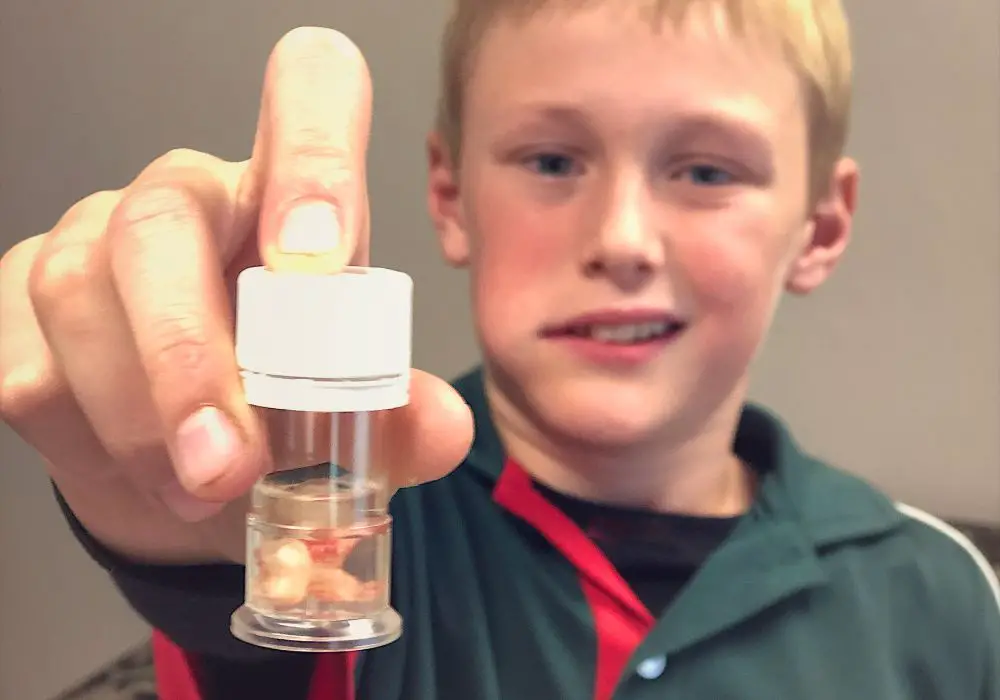
If you’re facing the prospect of having multiple teeth extracted, you may be wondering if there are any alternatives. While there are situations where extraction is necessary, there are also several options that can help you avoid losing multiple teeth.
Dental Crowns
If your teeth are damaged or decayed, dental crowns can provide a solution that doesn’t involve extraction. Crowns are custom-made caps that fit over your existing teeth, protecting them and restoring their function. They can be made from a variety of materials, including porcelain, ceramic, and metal.
Root Canal Therapy
If your teeth are infected or inflamed, root canal therapy may be able to save them. During this procedure, the damaged or infected pulp inside your tooth is removed, and the tooth is then filled and sealed. This can help you avoid extraction and keep your natural teeth.
Orthodontic Treatment
If your teeth are overcrowded or misaligned, orthodontic treatment may be able to correct the problem without the need for extraction. Braces or clear aligners can be used to shift your teeth into their proper positions, improving your bite and your smile.
Partial Dentures
If you do need to have some teeth extracted, partial dentures can be a good alternative to full dentures. Partial dentures are custom-made to fit your mouth and replace only the missing teeth, while leaving your remaining natural teeth intact.
Conclusion
While extraction may be necessary in some cases, there are several alternatives that can help you avoid losing multiple teeth. Talk to your dentist or orthodontist to find out which option is best for you.
Frequently Asked Questions
Can all teeth be removed at once?
Yes, it is possible to have all of your teeth removed at once. However, it is important to discuss this option with your dentist or oral surgeon to determine if it is the best course of action for your specific situation.
What is the procedure for removing multiple teeth?
The procedure for removing multiple teeth will depend on the number of teeth being extracted and their location. Your dentist or oral surgeon will discuss the details of the procedure with you beforehand, including the type of anesthesia that will be used.
How much does it cost to have all teeth removed?
The cost of having all of your teeth removed will vary depending on a number of factors, including the location of the dentist or oral surgeon, the type of anesthesia used, and any additional procedures that may be necessary. It is important to discuss the cost with your provider before undergoing the procedure.
Which teeth are the most difficult to extract?
The difficulty of extracting teeth will depend on a number of factors, including the location of the teeth and their condition. Generally, wisdom teeth are considered the most difficult to extract due to their location and the fact that they often require surgical extraction.
What should I eat after having multiple teeth pulled?
After having multiple teeth pulled, it is important to stick to soft foods that are easy to chew and swallow. Some good options include mashed potatoes, soup, yogurt, and smoothies. It is also important to avoid hot, spicy, or acidic foods that can irritate the extraction sites.
What is the recovery process like after having multiple teeth extracted?
The recovery process after having multiple teeth extracted can vary depending on the individual and the extent of the procedure. Generally, you can expect some swelling, pain, and bleeding in the days following the extraction. Your dentist or oral surgeon will provide you with detailed instructions for caring for the extraction sites and managing any discomfort.


